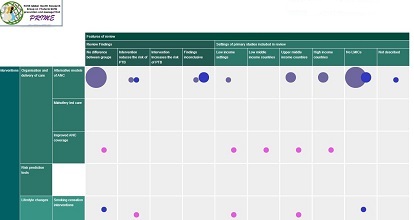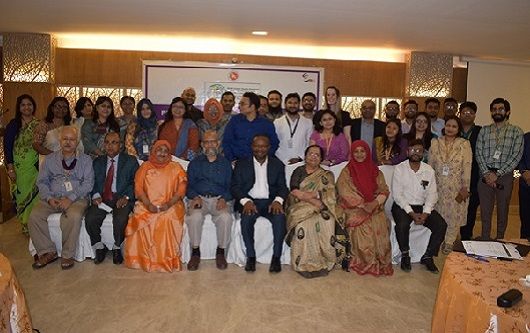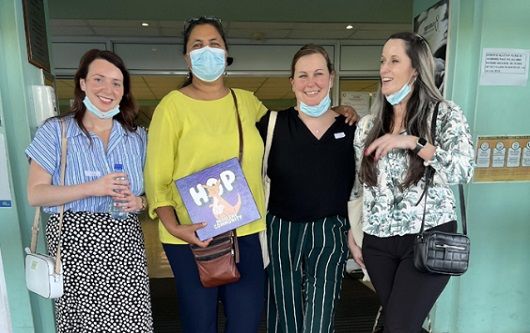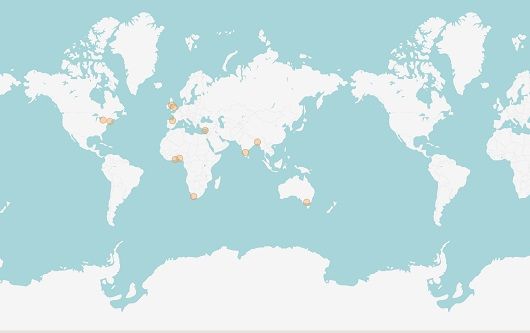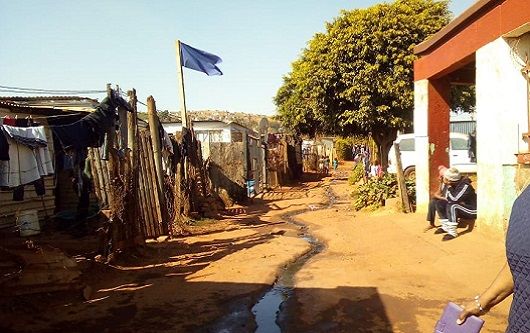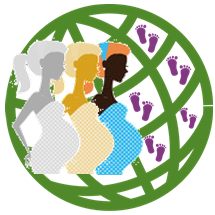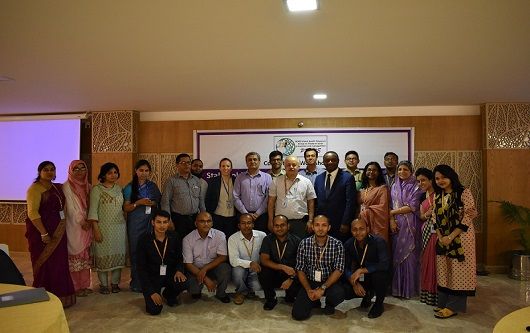PRIME collaboration - Sheffield and South Africa partners visit icddr,b for stakeholder-led research prioritisation
PRIME, the NIHR Global Health Research Group on pre-term birth prevention and management has been running since mid 2018. It is a 3-country collaboration between partners in UK, Bangladesh and South Africa, conducting multi-disciplinary research on per-term birth including clinical, laboratory, implementation and social science research across the settings. A founding principle of PRIME is that the research is co-designed involving key stakeholders and contextually relevant in low- and middle-income countries (LMICs), notably Bangladesh and South Africa.
The PRIME programme aims to better understand social and biological factors related to pre-term birth, in order to design guidelines and interventions that can tested and adapted for use across LMICs, keeping in mind some of the unique challenges that are faced by those who experience pre-term birth – be it the mothers and families of a pre-term baby, the baby him/herself, the healthcare practitioners or the policy planners and programme implementers.
To better understand the specific needs and challenges related to pre-term birth within each of the partner countries, the PRIME programme has planned to host stakeholder workshops (termed “network research events”) in each country. To date, PRIME has hosted two network research events in Dhaka, Bangladesh, in September and December 2018 (with two more planned in South Africa in early 2019).
In the first of these workshops, participants were introduced to the overall aims of the programme and the different workstreams within PRIME. Groups were formed to enable focussed discussions on pre-set topics, followed by an open-plenary style feedback allowing for multi-professional inputs. Stakeholders were asked to consider existing interventions on pre-term birth, potential future interventions on pre-term birth and current gaps, challenges and opportunities for improvement. In order to structure the discussions, participants were further asked to consider four specific timeframes, namely: i) pre-conception; (ii) peri-conception and childbirth; (iii) newborn; and (iv) early childhood.
Priorities that were raised by stakeholders within Bangladesh were then considered, together with issues raised through a series of reviews of published studies and policy documents. These were then discussed and deliberated within the PRIME group in order to further prioritise project aims and objectives.
The second workshop was then used as a sounding board for the PRIME group, where more focussed aims and objectives were presented to stakeholders for their further inputs and feedback. This was done within the social science and implementation research stream of PRIME, which complements the biomedical science research stream on the placental and the vaginal environments of expectant women, including those who deliver preterm.
Locally relevant equity-focussed social science and implementation research that can help PRIME explore and expose the roles of actors, agency, politics, power relations and discourse in preterm birth, in addition to key biomedical components of high-risk pregnancies and deliveries, will allow the PRIME group to critique and further develop innovative approaches for improving preterm birth prevention and management in LMICs.

By Dr Julie Balen,
Lecturer in Global Health,
The University of Sheffield, UK

